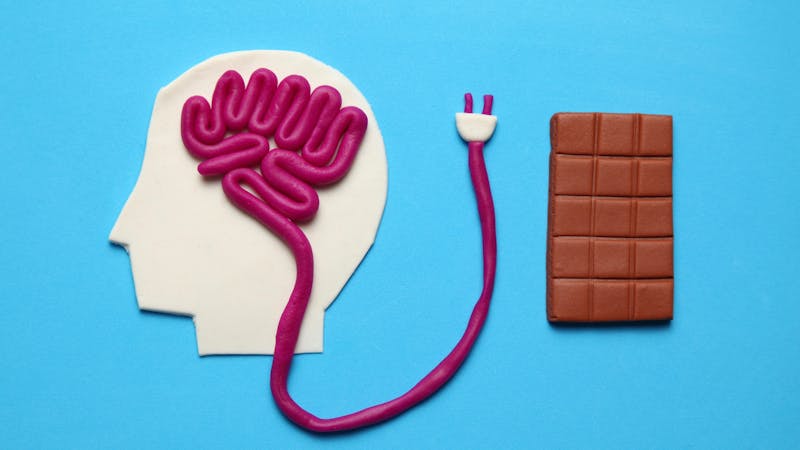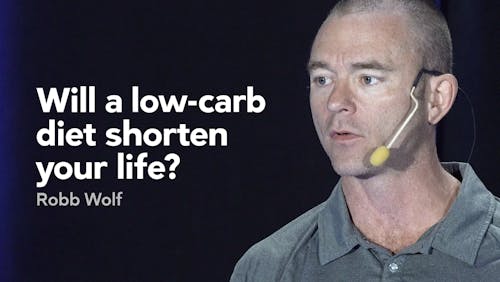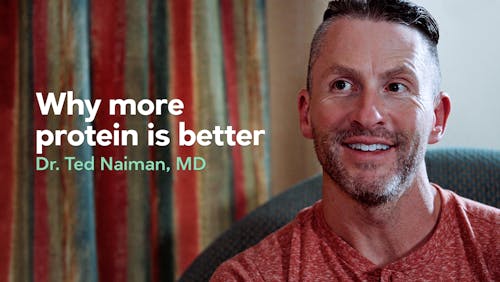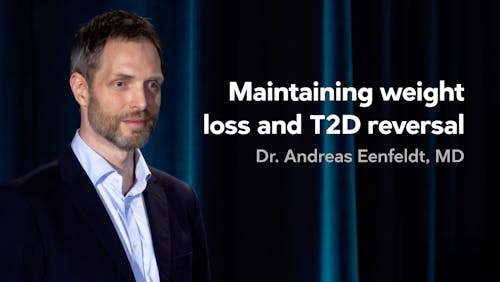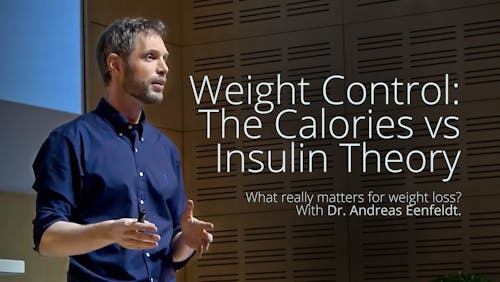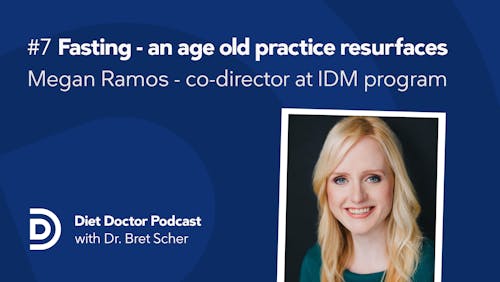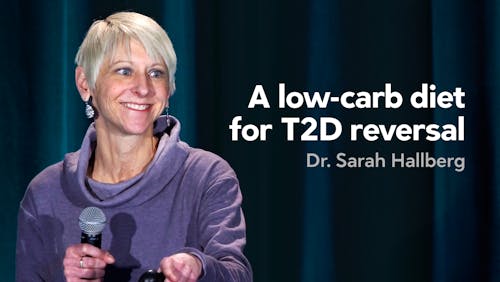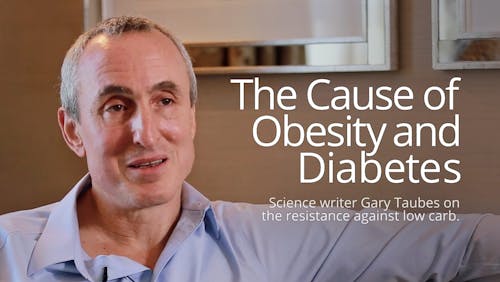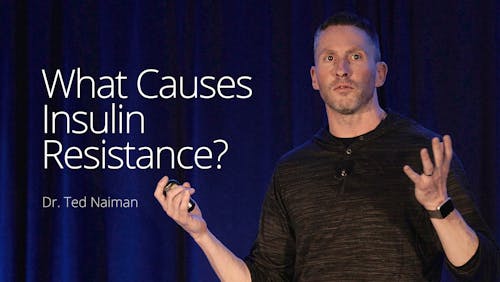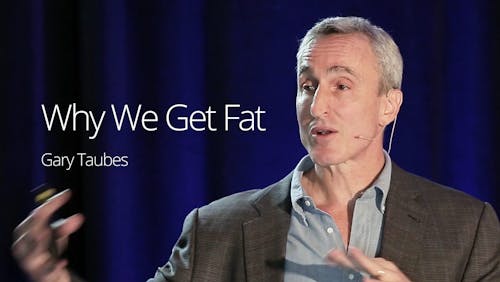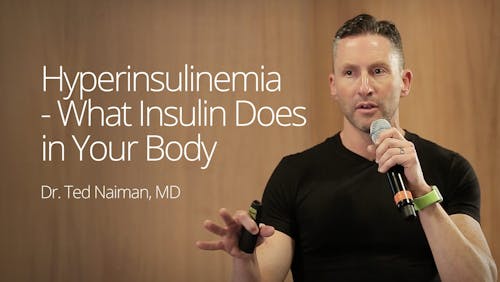How might a keto diet help with depression?

Keto diets have well known neurologic effects and have been used for decades to treat epilepsy. It turns out, epilepsy and depression have some common threads, and there are numerous anecdotal reports that keto diets are effective for aiding depression symptoms as well.
We explore this in detail in our guide, The food-mood connection.
Now, a new paper published in Review of Neuroscience explores the potential mechanisms for this effect.
The authors point out that keto diets affect cell-to-cell communication through neurotransmitters, and that ketones decrease hyperexcitability by increasing a substance called GABA in the brain.
In addition, the paper explores how ketones can decrease inflammatory cells in the brain which may also improve depression symptoms.
Lastly, they describe the gut-brain connection and show how keto diets can alter the gut microbiota in ways that may be beneficial for depression symptoms.
While none of these theories prove that keto diets treat depression, they do provide more support for the stance that this is an area deserving of more research. In addition, depression symptoms aren’t likely the result of just one issue in the brain. So, it’s possible that a ketogenic diet may help some areas (and thus, some people) but not others.
If you’re interested in trying a keto diet to help with depression symptoms, we recommend you contact your physician first. And, if you’re looking for a doctor who is knowledgeable in low-carb, you can try our global map of over 450 clinicians.
In addition, if you’re taking medications for a mental health issue, you may find helpful information in our guide, Low carb and mental health: Getting started and managing medications.
Thanks for reading,
Bret Scher, MD FACC
Earlier
Unpublished study challenges the insulin model of obesity

